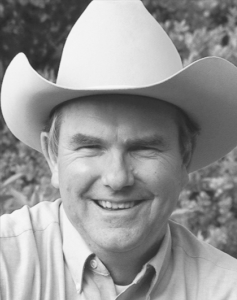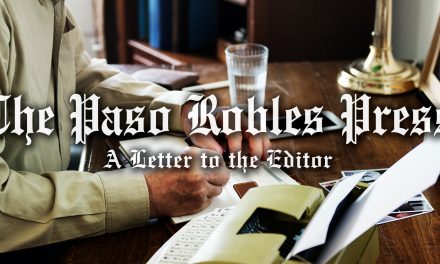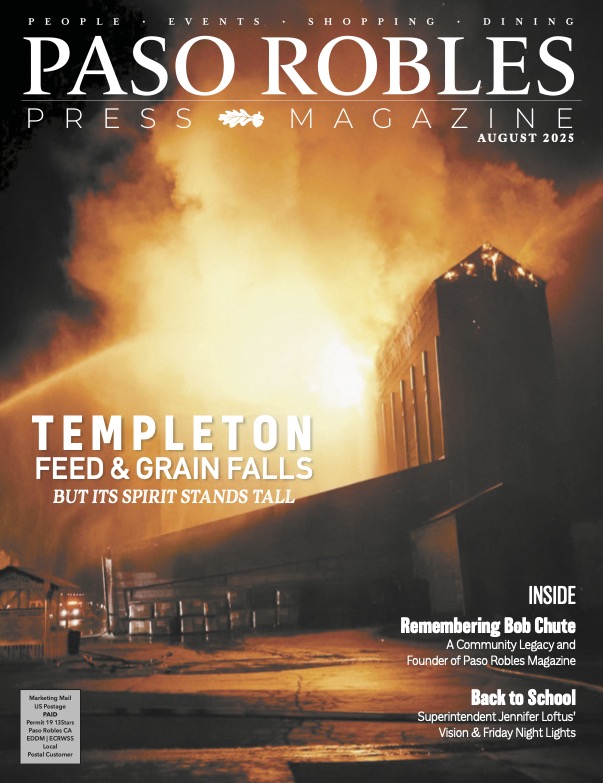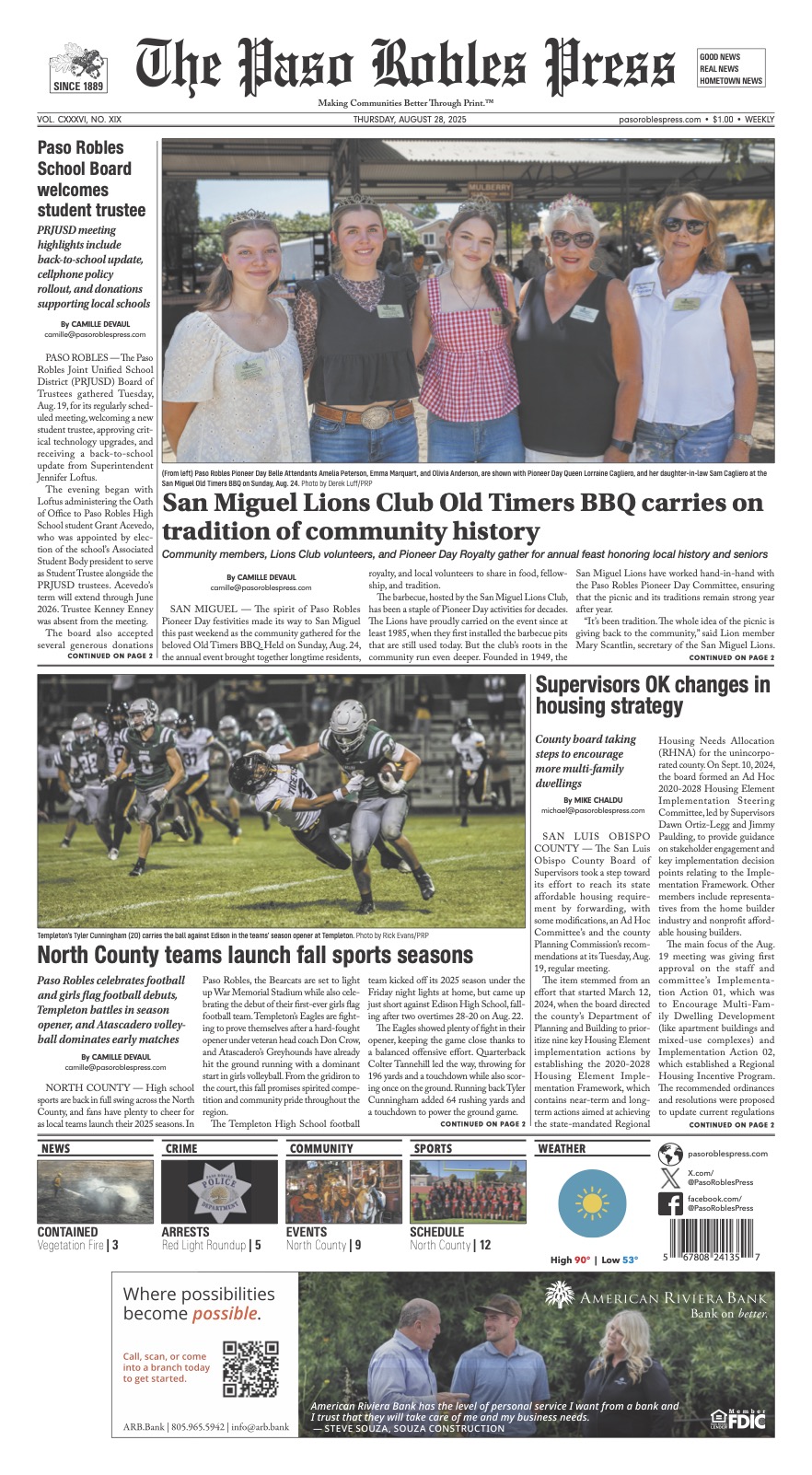by Lee Pitts
Most purebred bull and female sales are held on the ranch because breeders want the customers to meet the family, see the cowherd and partake in a beef barbecue or pre-sale party. Many big outfits have invested heavily in auction facilities, while others just clean out a hay barn or tractor shed. A growing number of sales are held at a local restaurant where animals are sold via video, while breeders on a tighter budget and fewer bulls sell them at an auction market.

Selling at the local sales barn is a great way to sell because they already have the facilities, the sound system, the restaurant, and the clerking. One downside is that some people get their feelings hurt. Take the sale barn auctioneer, for example. He can be a world champion auctioneer, know all the buyers, and may even own the auction market, and still, the breeder will bring in a professional purebred auctioneer who wears a sports coat and tie, $800 hat, Ostrich boots, and a diamond stick pin and looks as out of place as ice cream on a cow pie.
During the sale, the guy who sells every week on the stool now filled by the foreigner will continually turn down the sound system because the purebred auctioneer always turns it up too high even when buyers are stuffing their ears with cotton. The regular guy will do everything in his power to mess up the imported prima donna from out of state.
Then there are the ringmen. I’m qualified to speak on this subject because, for 40 years, I traveled the country as a ring man who worked purebred sales if the customer had spent enough money on advertising to justify my presence. Whenever I worked a sale at an auction market, even if I knew the regular crew and preferred their company to the ringmen I traveled with, I got the feeling that my presence was as welcome as a crying baby at a wedding or funeral.
I especially remember an auction at a sale barn I regularly frequented to buy and sell cattle. John (not his real name) is the best ringman I’ve ever seen. He opened and shut the hydraulic doors, rapidly moved the cattle in and out, all while catching bids from INSIDE the sale ring. John stood behind the bull board right in front of the auctioneer, who sat at an elevated position, and on the very first animal to sell that day, John was catching bids that went unnoticed by the dressed-up guys OUTSIDE the sale ring when the auctioneer stopped his chant to say to John, “You don’t have to do that son, we have professionals here to do that today!”
I saw steam coming out of John’s ears as he dipped the end of his whip in fresh cow manure, popped his popper, and “professionally” splattered cow manure all over the sports jacket and tie of Mr. Fancy Pants auctioneer, who may have also swallowed a speck or two. Chalk one point up for the home team. The war was on, and I knew it wasn’t going to end well.
When the auctioneer sold a bull to a local rancher, John would let the ring man climb all the way up the stairs to fetch the buyer’s name, and right before he’d announce it, John would smirk and say, “Oh, that’s Mr. Jenkins,” or “That’s the Draggin’ S Ranch.”
As previously mentioned, John also controlled the “in” and “out” gates which he started to open and close faster and faster until Mr. Fancy Pants could barely keep up. He looked as winded as a fat guy trying to run a marathon.
John waited for his final “coup de grace” until the very last bull. I previously mentioned that back when this happened, John still utilized a whip instead of a plastic paddle, and John was so good with that whip he could hit a fly in midair. So when he shaved one-sixteenth of an inch off the end of the auctioneer’s nose on the last bull, he said it was an accident and apologized profusely, but I think the only thing he was sorry about was that his whip didn’t cut as deep as the auctioneer calling him “son” in front of the home crowd and implying he wasn’t a “professional.”












